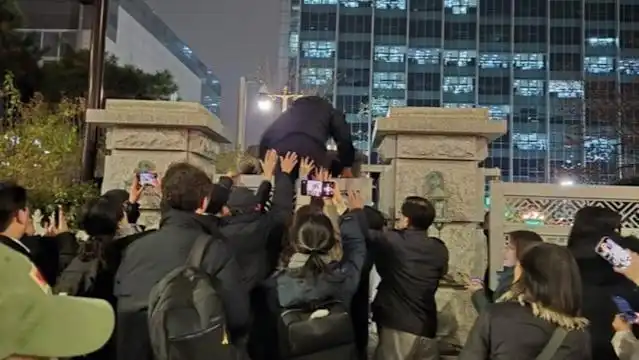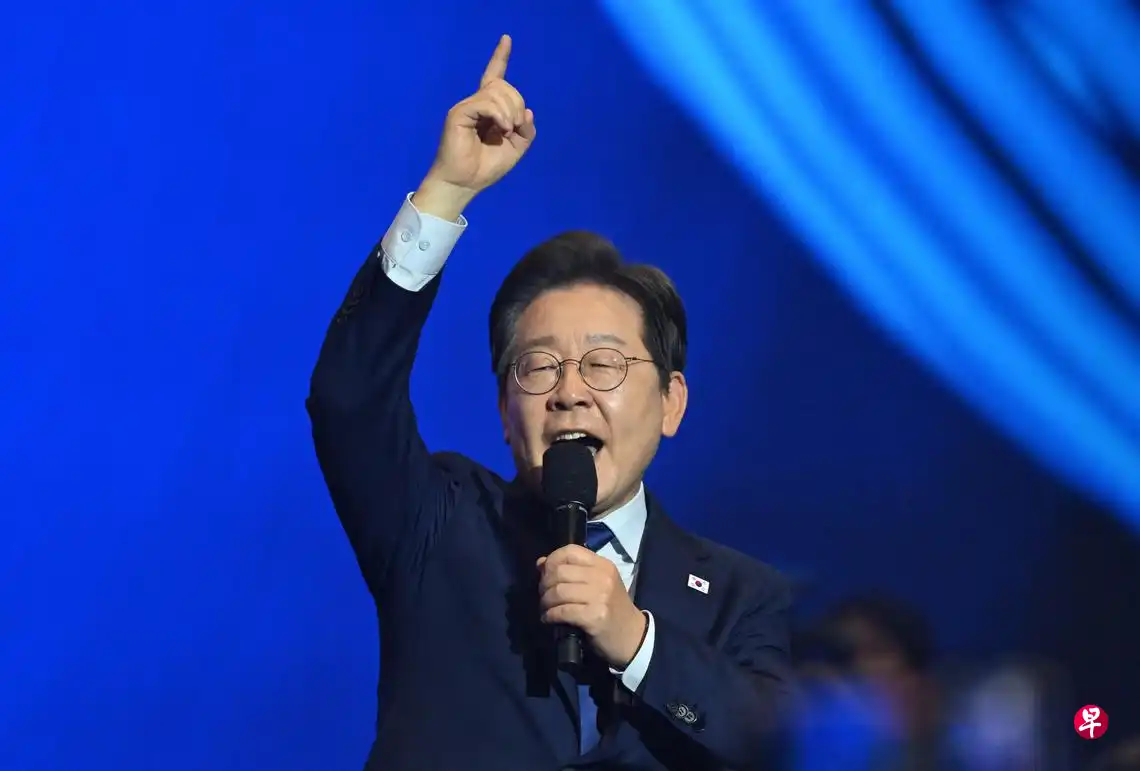South Korea, this thriving crypto market, has chosen a president Lee Jae-myung who will promote the Korean won stablecoin and crypto ETF.
As a core member of the Democratic Party, Lee Jae-myung narrowly lost the 2022 presidential election to Yoon Suk-yeol. At the time, he made cryptocurrency policy a key campaign promise, trying to attract young people and retail investors. However, consecutive election defeats once labeled him as the "perpetual candidate".
Until that day. In December 2024, the Korean political landscape suddenly changed. President Yoon Suk-yeol was quickly impeached due to attempting to impose martial law, causing a constitutional crisis under public and parliamentary pressure. This crisis not only vacated the presidential seat two years early but also broke the existing power balance, unexpectedly creating an opportunity for Lee Jae-myung, a politician who had repeatedly fought despite defeats.

As the power structure collapsed and parliament fell into turmoil, Lee Jae-myung quickly seized the opportunity. He summoned lawmakers to the National Assembly hall, initiated a live broadcast, and climbed over the wall into the assembly under the support of the people.
From that day, Lee Jae-myung became the more suitable presidential candidate in the hearts of Koreans. "I must quickly let as many citizens as possible understand this situation," he urged in the live broadcast, calling on people to witness the process of parliament overturning martial law.
Finally, in the presidential by-election announced last night, Lee Jae-myung led with 49.2% of the votes against Kim Moon-soo (36.8%), successfully elected as the 21st President of South Korea. For his supporters, this was a victory of "winning at all costs", a validation after three election attempts.

For the Korean crypto industry, Lee Jae-myung's victory may have even more far-reaching significance: he is not only a political winner but also one of the most steadfast advocates of crypto policies. His election marks a fundamental institutional shift in digital asset regulation in South Korea.
[The rest of the translation continues in the same professional and accurate manner, maintaining the specific translations for crypto-related terms as instructed.]At the same time, the Korean cryptocurrency market is experiencing explosive growth in 2025, with total market capitalization breaking through 100 trillion won, even temporarily surpassing the trading volume of the domestic stock market. This growth is stimulated by expectations of domestic policy relaxation and is related to the global political and economic situation. Especially under the background of Trump's re-election as US president triggering risk-averse sentiment towards US dollar assets, local Korean investors have massively flowed into the virtual asset market priced in Korean won, forming a regional capital backflow trend.
Facing the market's activity, regulation is gradually catching up. The government has announced postponing the virtual asset transfer income tax originally scheduled for 2025 to 2027, citing reasons such as "immature technical implementation" and "incomplete investor protection system". This move effectively calmed market sentiment and bought buffer time for Lee Jae-myung's new regulatory framework.
However, postponing taxation does not mean relaxing regulation. The Virtual Asset User Protection Act (VAUPA) introduced in 2024 has officially taken effect, proposing stricter compliance requirements for trading platforms, including asset custody mechanisms, insider trading prevention, and user asset segregation management. The government's intent is clear: through more robust institutional design, prevent a trust crisis similar to Terra/Luna and lay the foundation for the "normalization" of the crypto market.
This series of policy signals conveys a clear message: the Korean government is committed to incorporating crypto assets into the national financial governance system, driving the market's transformation from laissez-faire to "nationalization". This is precisely the vision Lee Jae-myung envisions - a digital asset market guided by the government, guaranteed by rules, and driven by innovation.
In the future, Korea's crypto policy may not be smooth sailing. Issues such as stablecoin controversies, tax implementation, and international regulatory coordination still exist. But one thing is certain: during Lee Jae-myung's term, cryptocurrency is no longer a gray area to be avoided, but a national strategy written into presidential promises. Korea's crypto industry has finally arrived at an institutionalized starting point.







